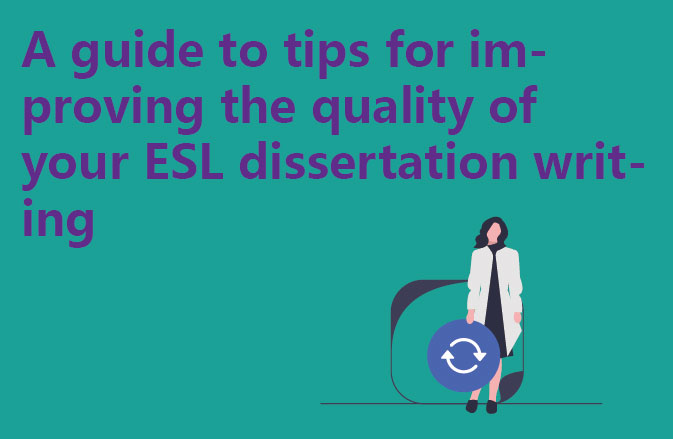The aim of this article is to provide practical and easy-to-follow advice for students who intend to submit an ESL thesis. We will discuss important aspects such as how to carefully select your citations, ensure that your arguments are well-supported and well-organised. Please follow the following advice explicitly to enhance the quality and academic rigour of your argument.
I. Citation Selection:
1. Seek out authoritative and detailed citations. When choosing citations, be sure to look for journals, books, and foreign language sources that have a high degree of credibility and depth. Be cautious of using dictionaries or Wikipedia as primary references, as they lack authority.
2. Pay attention to balancing a mix of Chinese and English reading. Despite the value of the Chinese literature, priority should be given to good quality English language materials from outside China. This will effectively broaden your knowledge and enhance your professional sensitivity.
Sufficient arguments:
1. Ensure that the arguments are strong. In any discourse, there must be sufficient arguments to support the topic or point of view. Do not rely on intuition or vague interpretations alone, but look for sufficient data and examples to support the argument.
2. Use explanatory text appropriately. When explaining in-depth principles or thesis statements, avoid random internet searches or in-depth introductory operations, and instead deeply analyse classic academic literature or data reports.
Third, exposition unification:
1. Construct a logically rigorous thesis. When elaborating relevant topics, a clear and fluent logical structure needs to be maintained at all times. Especially for students with limited English proficiency, it is necessary to carefully plan the framework of the whole exposition, so that all paragraphs and sections are closely related to the topic.
2. Pay attention to the central sentence. Whether you are writing in Chinese or English, you need to identify and make use of the central sentences in the paragraphs in order to emphasise the key points. This will help improve the overall logic and readability of the paper.
Empirical research:
1. Empirical research needs to follow a specific template. The referenced template includes sections such as Introduction, Literature Review, Research Methods, Analytical Sections (1-2) and Conclusion. Pay attention to the writing conventions for each section, understand how to collect data, and have an overview of the data and representative characteristics and means of analysis.
Good interdisciplinary research skills and a solid foundation in writing are key factors in successfully completing your dissertation. I hope this article will be helpful to the graduates of the English Master’s Degree in writing their dissertations. May every student successfully pass the academic challenges and achieve self-advancement.




